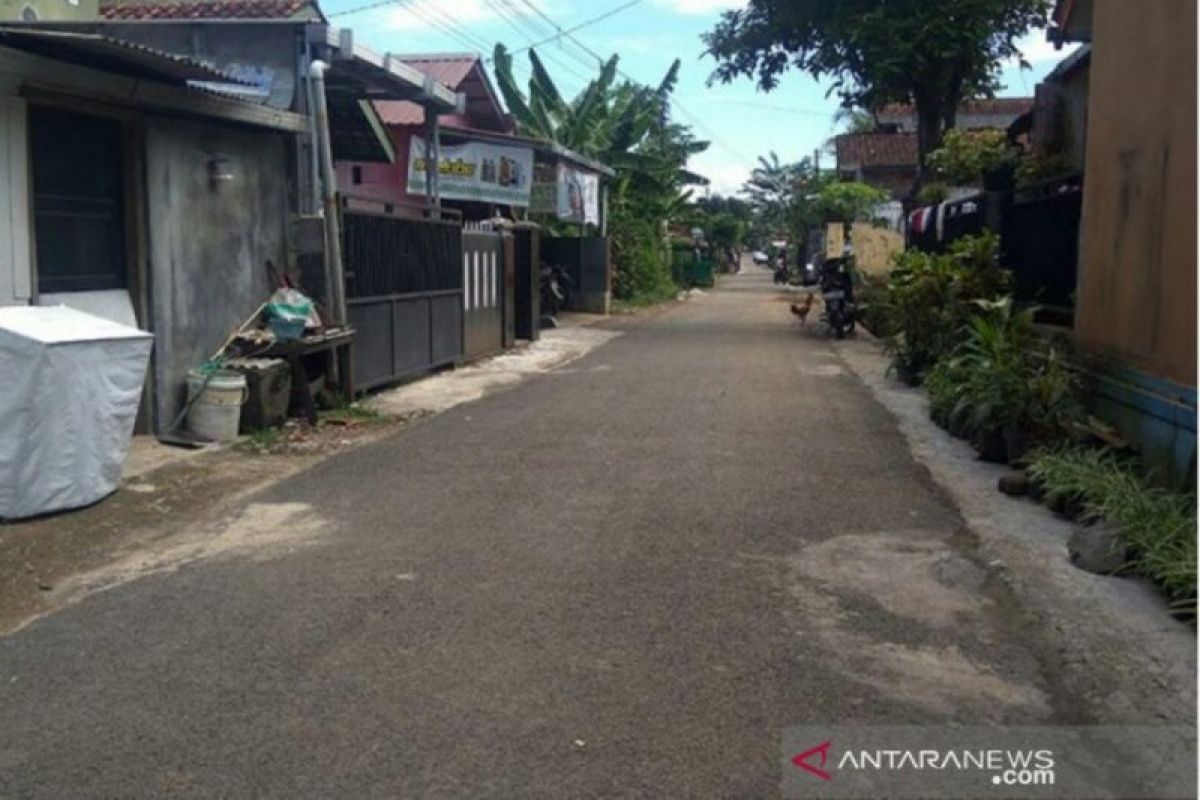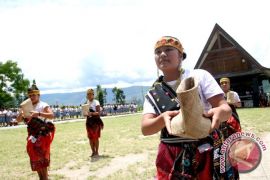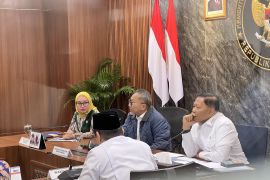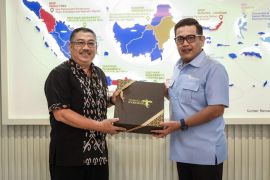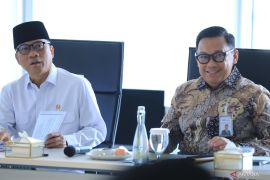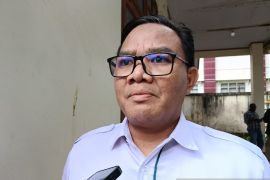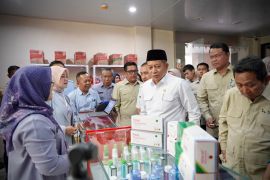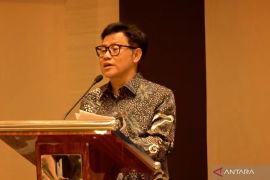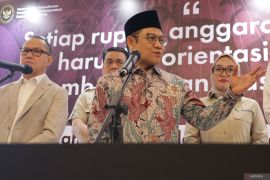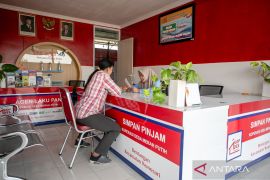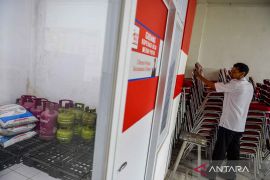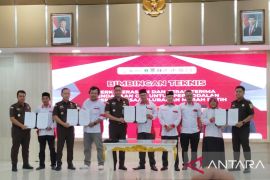What must be done is economic development from the periphery. So now the periphery and rural areas must be a source of our economic growthJakarta (ANTARA) - The Joko Widodo-Ma'ruf Amin administration should be able to make rural areas a source of new economic growth, economic observer Hisar Sirait has suggested.
"What must be done is economic development from the periphery. So now the periphery and rural areas must be a source of our economic growth," said Sirait, who is also the Chancellor of the Kwik Kian Gie Institute of Business and Information, to Antara in Jakarta, Tuesday.
So far the resilience sector of Indonesia's domestic economy was largely supported by consumption growth, Sirait explained.
"In the future, this will slowly but surely have to start to shrink, but our economic resilience in terms of domestic investment must be increased," he said.
Strengthening the production structure in the periphery would ensure the availability of all things needed, both, in terms of industrial raw materials and food ingredients, the economist added.
"If the availability of these materials can be ascertained, supported by investment, we will be able to ensure a hold on inflation automatically," Sirait said.
Earlier, the economist had also stated that the focus of President-elect Joko Widodo for the next five years would be on infrastructure development, human resources and the availability of technology.
Infrastructure development will continue in Widodo’s second term because his rationale is that economic development must begin with the availability of facilities and infrastructure, he assessed.
In addition to continuing infrastructure development, other aspects such as the development of HR will become the focus of Widodo’s attention.
The Indonesian General Election Commission (KPU) announced Widodo-Amin as the elected president and vice president, respectively, for the period 2019-2024 at the open plenary meeting at the KPU Office, Jakarta, Sunday (June 30).
The chairperson of the KPU also read out the votes for each pair. Jokowi-Ma'ruf, received 85,607,362 votes or 55.50 percent, while Prabowo-Sandiaga received 68,650,239 votes or 44.50 percent. This will take effect after being determined at the plenary meeting.
Related news: Govt announces sixth package to stimulate rural economy
Related news: Creative industry can boost rural economy: minister
Related news: Jokowi vows to become president for all Indonesians
Translator: Aji Cakti/Eliswan Azly
Editor: Sri Haryati
Copyright © ANTARA 2019
